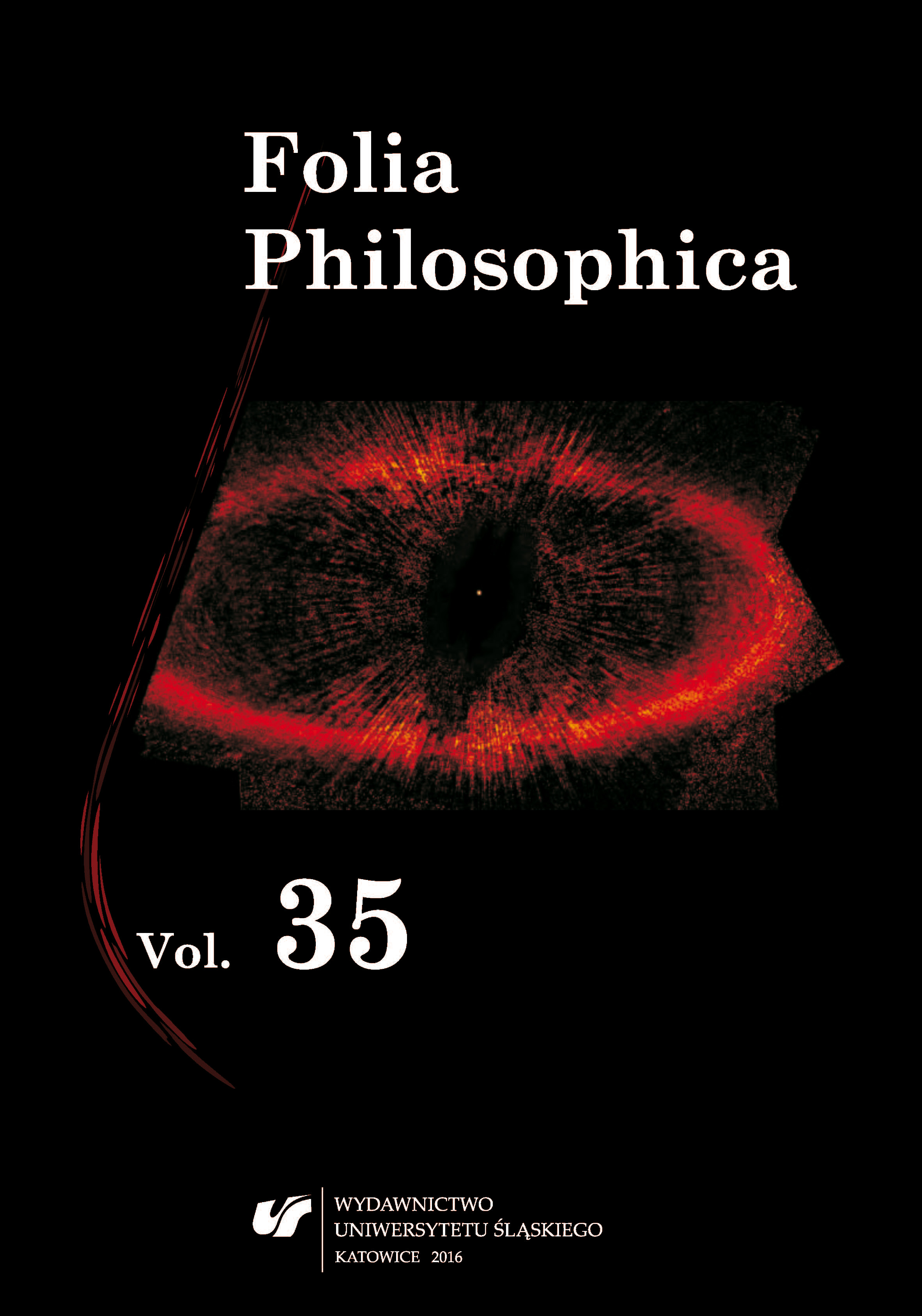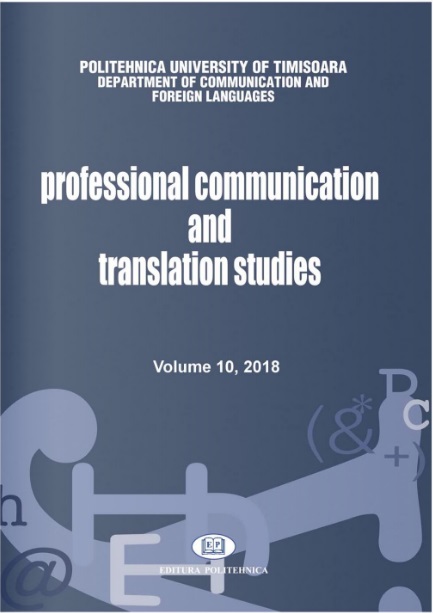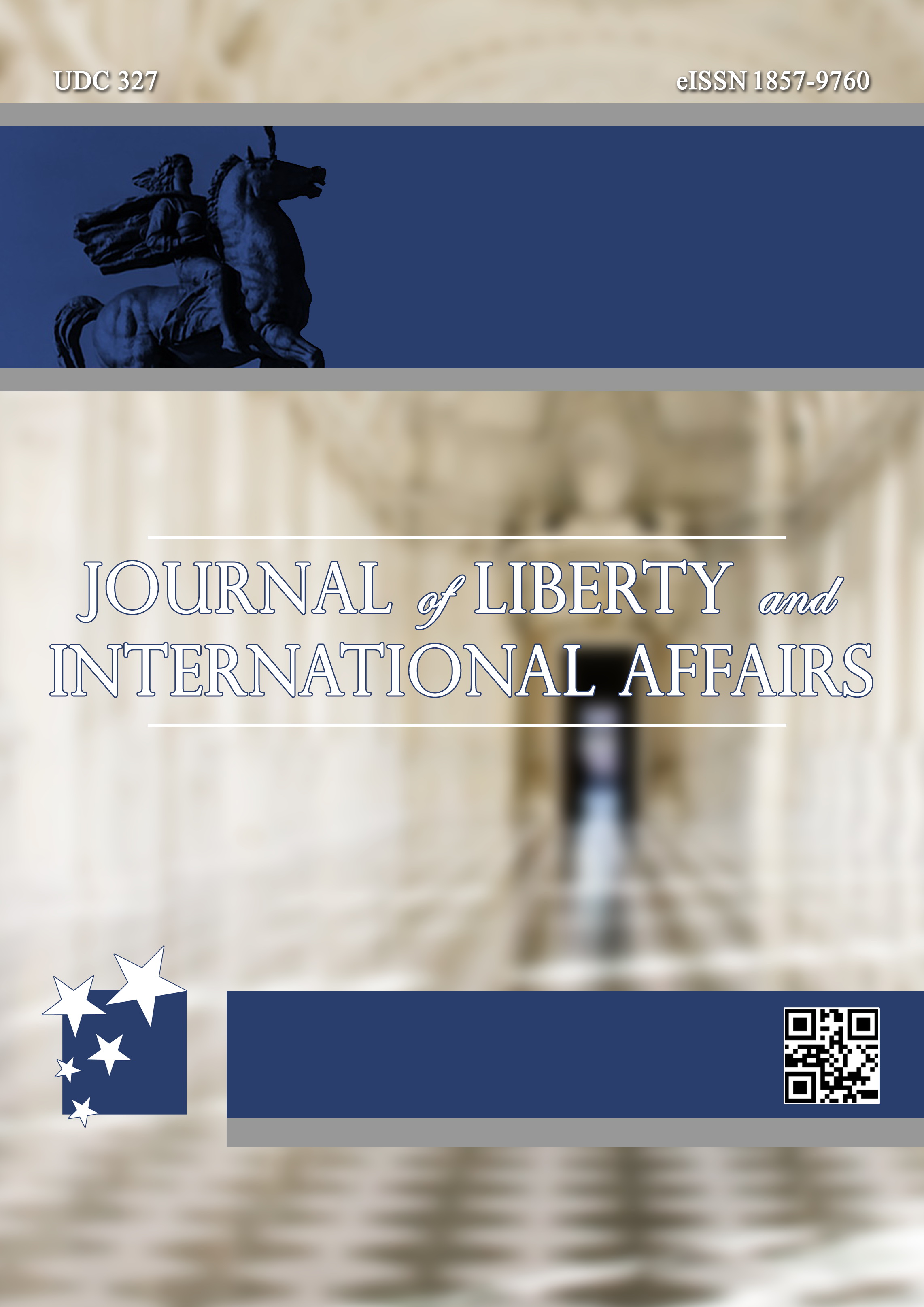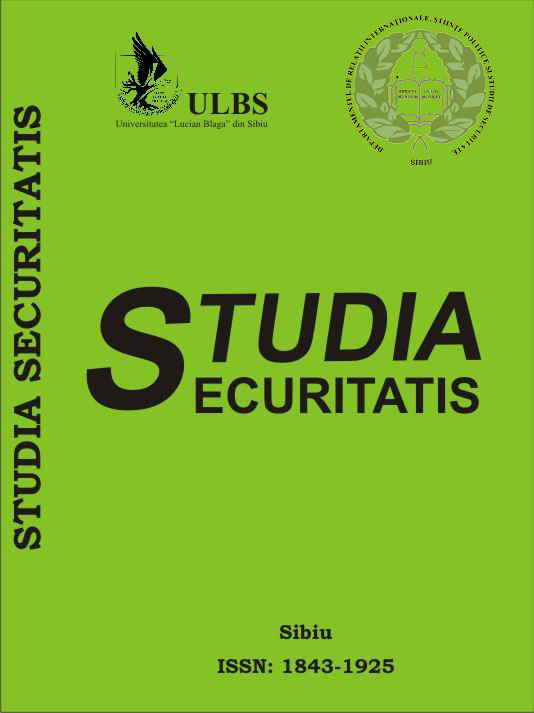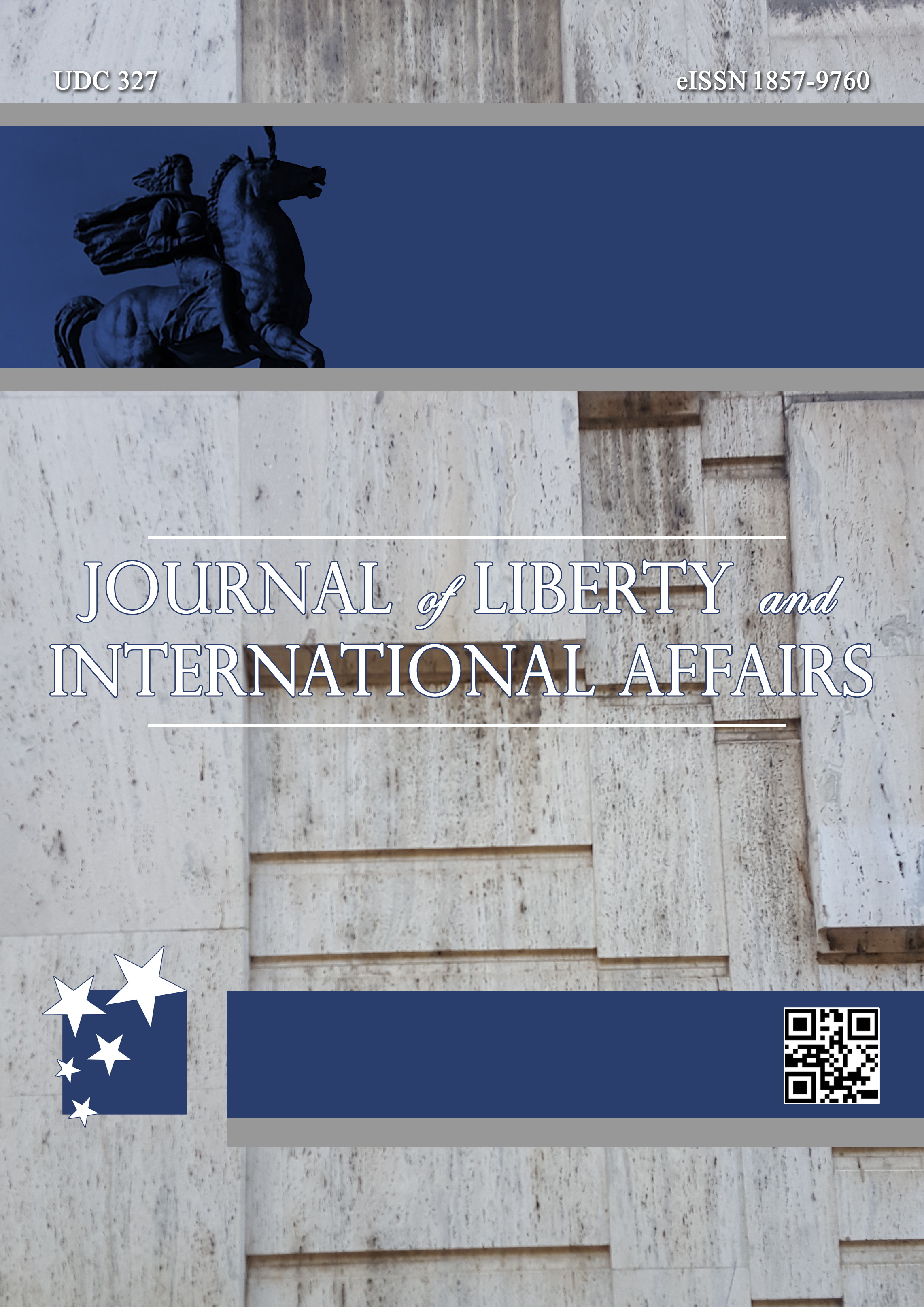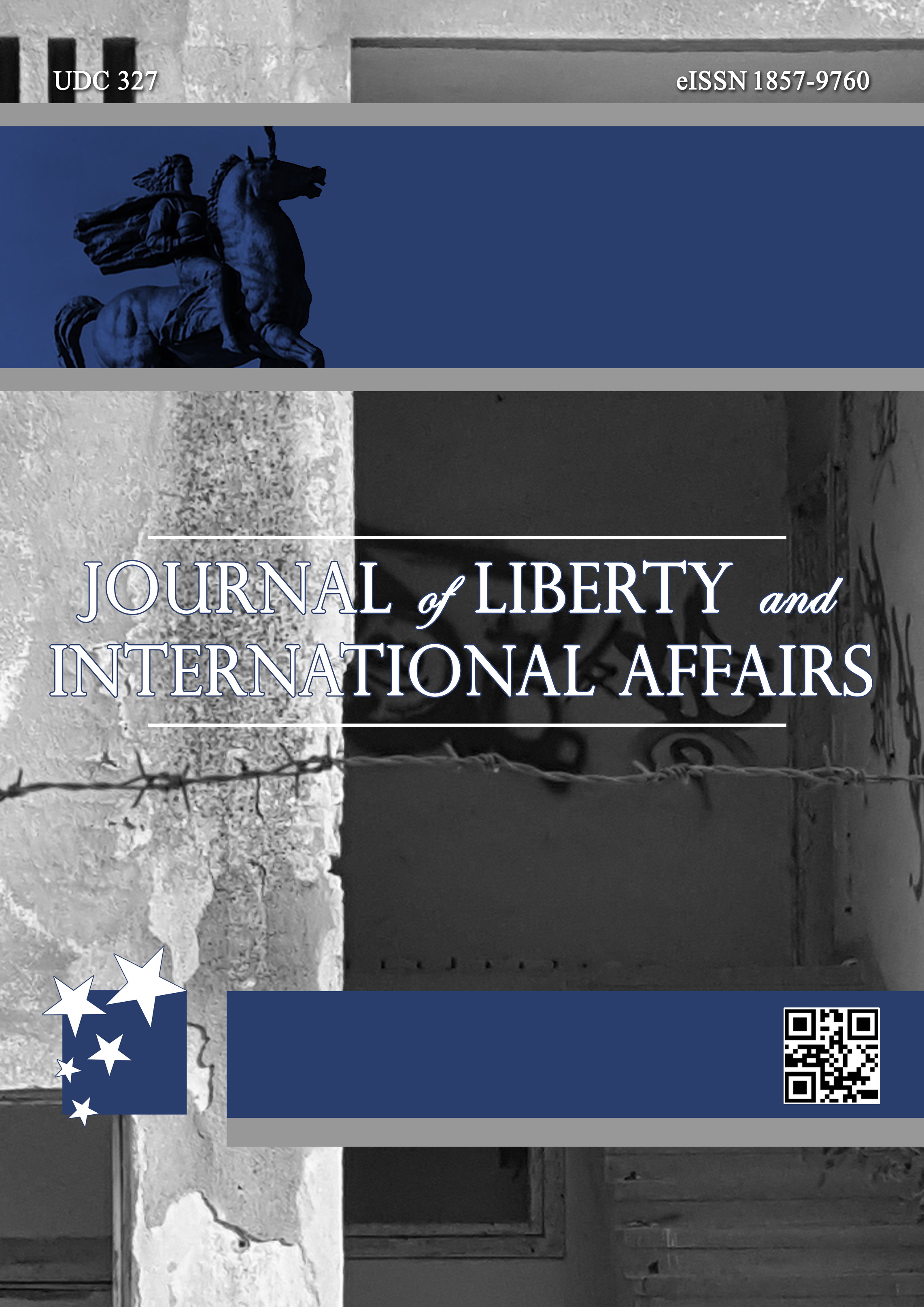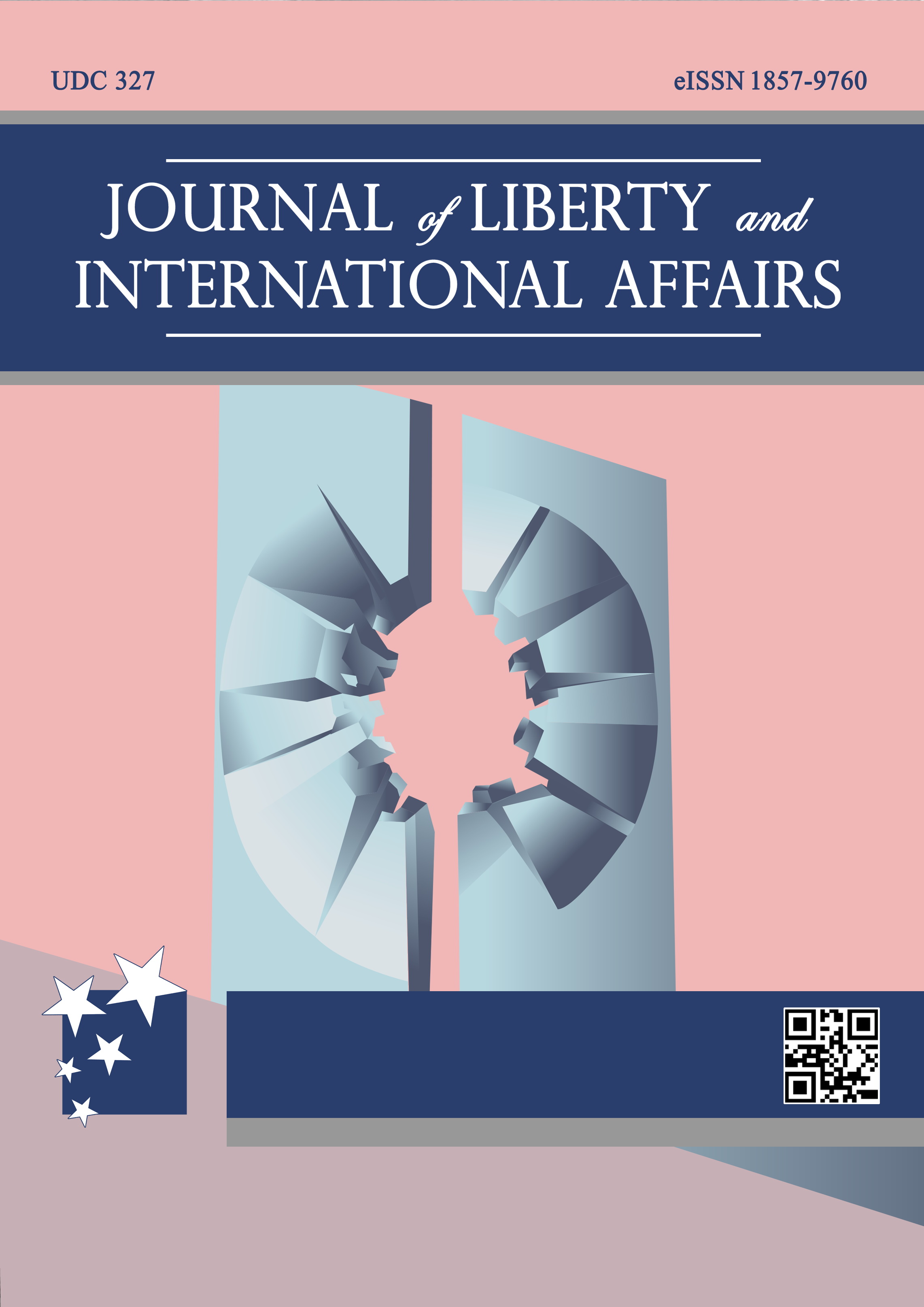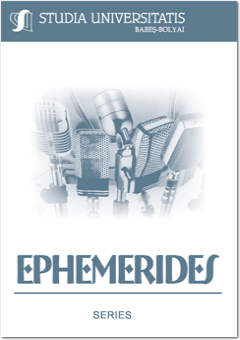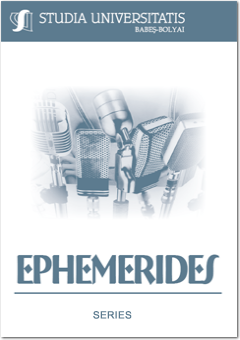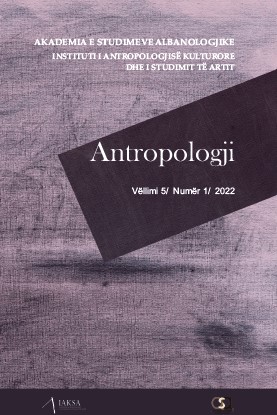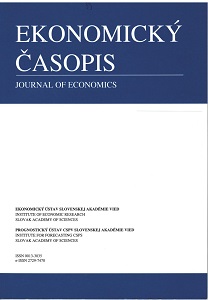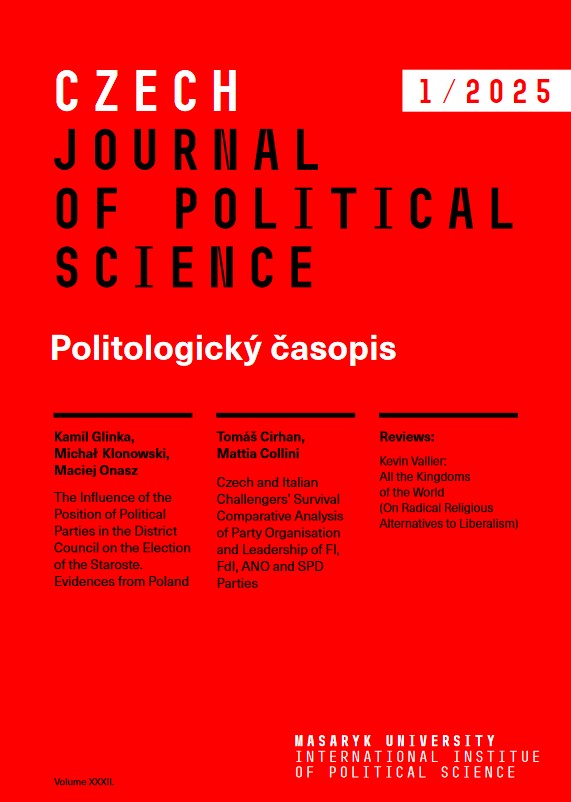Nedemokratické režimy podľa Juana J. Linza a štátny režim na Slovensku 1939 – 1945 v jeho typológii
This article focuses on the content analysis of the theoretical concept of non-democratic regimes by Juan J. Linz in his major publication Totalitarian and Authoritarian Regimes (2000) and its application to the regime of the Slovak Republic in the years 1939 – 1945. The aim of this paper is to define the character of regime in Slovakia and determine whether the regime of the first Slovak republic was directed more to the totalitarian or authoritarian type of the non-democracies. The main aim of work is reflected in the structure of the paper, divided into two chapters. The first one describes the principal characteristics of totalitarianism and authoritarianism and difference between them. The second one analyzes threebasicfeatures ofauthoritarianism – limited political pluralism, mentalities and political mobilization – and applies them toSlovak terms in 1939 – 1945. The application has shown there were features which are identical with characteristics of authoritarianism specified by Linz. Therefore, we cannot say the regime of the first Slovak Republic was totalitarian, but it was regime which tended to authoritarian type of non-democracies.
More...
